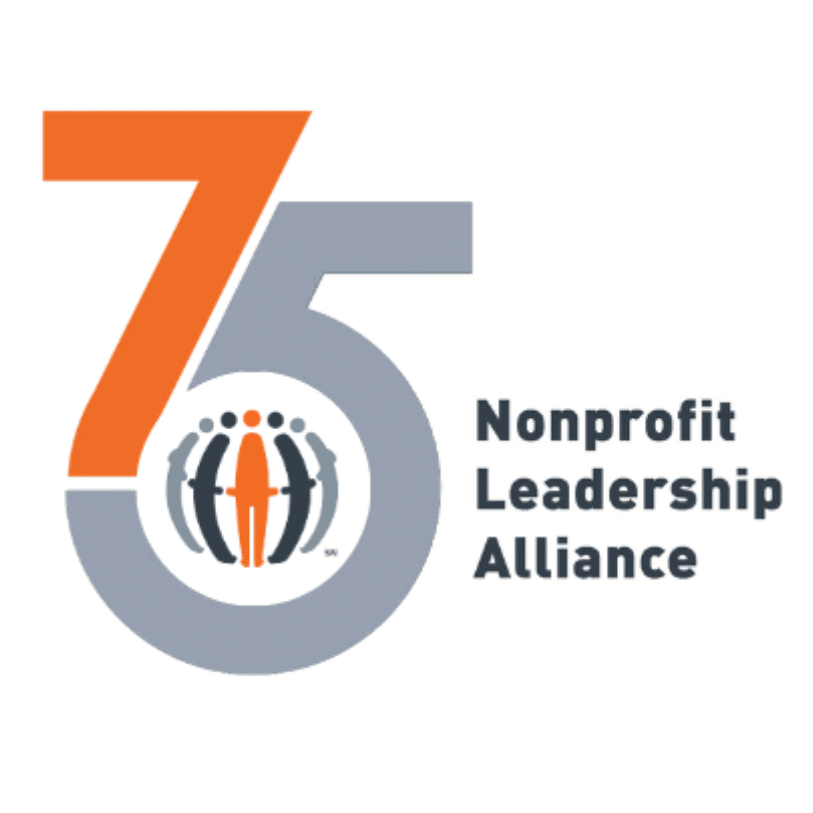Written by: Jenna McGuire
Reading Time: 7 minutes
In today’s world, we know that self-development and self-care are essential, and impact both our personal and professional lives. In our early careers, the opportunities for continued learning are abundant, and the decision to pursue additional professional certifications may have been a natural progression in your career, or necessary to ascertain your goal position. But what do you do after completing your continued education courses and your self-care spa days are over?
Being a lifelong learner has become imperative to keep up in today’s workforce, and peer learning is proven to be one of the most effective learning methods. A forum based organization may be the ideal continuous professional and personal development tool.
According to Harvard Business School Professor Boris Groysberg and Robert Halperin of Alumni Forum Services, “Peer forums are groups of four to 10 people who meet regularly to discuss their work and lives—and learn from one another. But because of their small size and private nature, they’re still unknown to many people who could get value from them. While their makeup, focus, and sponsors can vary, all successful forums allow participants to share concerns, show vulnerability, hear differ-ent viewpoints, clarify priorities, make decisions with greater confidence, and form connections that help them feel safe, grounded, and capable in an uncertain world.” If this description sounds a bit vague to you, that’s understandable. There are many types of forums, and these experts note that the origins of forum groups can be traced back for centuries. “Connecting with other people of equal standing in small groups for collective benefit is a human tradition that goes back to the times when tribal leaders gathered around the campfire to distill the day’s stories into lessons for tomorrow.” In today’s professional forums, it is most common for individuals occupying similar roles, industries, or identities to come together to discuss the challenges they face in both their personal lives and careers.
The reasons to pursue lifelong learning are many, including maintaining and extending brain functionality, as well as personal pleasure, but it may not be as much of a personal choice today as it was years ago.
This Forbes article notes “With rapidly changing technology, the speed at which businesses must operate to be competitive in a global economy and with human life expectancy rising steadily, it’s clear that lifelong learning will become essential for humans to remain relevant in the workplace… lifelong learning will be thrust upon us as a staple of everyday work life. It will no longer be optional or aspirational; it will be a necessity and ubiquitous.”
While there are myriad options when it comes to continuing education, peer learning offers benefits that can’t be found in books or podcasts. Peer-learning is one of the most effective ways to learn because it encourages active learning. “Research over the past 25 years has demonstrated that courses that incorporate Peer Instruction produce greater student achievement compared to traditional lecture-based courses” (Schell and Butler).
This method has been adopted as a popular approach to professional development because we are often not looking to learn from one teacher in specific, but rather discuss an issue with other respected colleagues who have relevant experience. Similarly to when used in the classroom, “they can learn from each other by giving and receiving help, recognizing contradictions between their own and others’ perspectives, and constructing new understandings from divergent ideas. Giving explanations to a peer may encourage explainers to clarify or reorganize information, recognize and rectify gaps in understandings, and build more elaborate interpretations of knowledge than they would have alone,” (Tullis and Goldstone). The data clearly shows that peer learning leads to students choosing the correct answer more often, which when applied to problem solving in the professional world will mean that your organization will make the right move more often.
An additional advantage that peer learning has over traditional learning is that it improves social skills, which have been found to be the most essential skills for leaders. Technical knowledge is important and leaders have to know what they’re talking about, but in reality they are more often managing the social dynamics of their employees, boards, funders, and the public. Consider these statistics: “when people reported their leaders were empathetic, they were more likely to report they were able to be innovative—61% of employees compared to only 13% of employees with less empathetic leaders…76% of people who experienced empathy from their leaders reported they were engaged compared with only 32% who experienced less empathy,” (Brower). Combine that information with the fact that “not only does peer instruction generate new knowledge, but it may also improve students’ metacognition. Our data show that peer discussion prompted more thorough testing of the coherence of the answers,” (Tullis and Goldstone). This means that the social and critical thinking skills developed in peer learning specifically enhance our leadership capabilities.
Finally, forum based organizations also typically offer supplemental learning and networking opportunities to advance your career. These can range from panel discussions and international conferences on pertinent topics to social events with entertainment. The common thread tying everything these organizations do together is allowing connections and deep discussions with new, relevant, and knowledgeable people. It’s for this reason that well known forum based organizations like YPO (formerly Young Presidents’ Organization,) Entrepreneurs’ Organization, and Vistage have played host to some of the world’s most successful business leaders for decades. These leaders have credited their forum organizations as critical to their development “because members of peer forums typically have no previous substantive relationships with one another, they’re free from tricky pre-existing interpersonal dynamics. Forums also offer access to a greater variety of perspectives. And their regular and carefully structured meetings ensure that members take time to think about important issues and discuss them productively” (Groysberg and Halperin).
Ultimately, it is the opportunities to develop relationships with experienced people of similar status within their organizations and have substantive conversations on the issues that matter with them that will elevate your professional life and help you develop as a well-rounded individual.
About the Author:
Jenna McGuire is a Chapter Director with Change Agent Leaders Organization, as well as an active member of YNG (YPO Next Generation)
Get nonprofit tips and tools delivered right to your inbox by joining The Nonprofit Leadership Alliance Newsletter. Our bimonthly newsletter will make sure you know what’s happening with our network of social sector leaders.

